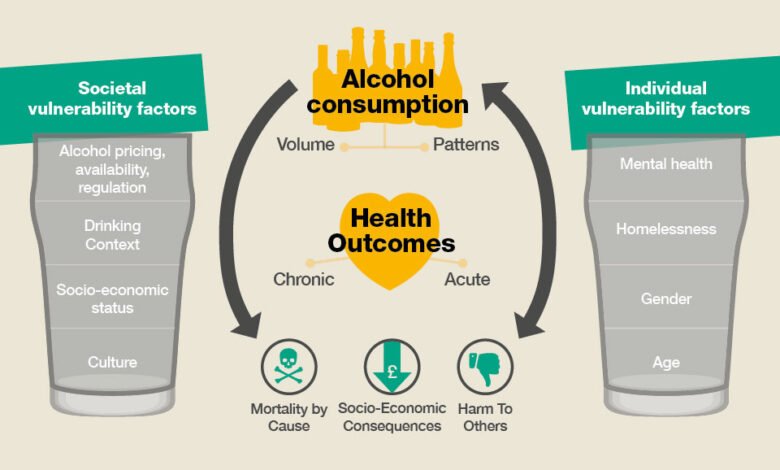Alcohol Use Disorder: A Hidden Threat to Housing Stability

Alcohol use disorder’s impact on physical and mental health is well-known, but the connection between alcohol use disorder and housing stability is often overlooked. The relationship between these two issues is complex, as addiction can lead to financial difficulties, strained relationships, and eviction, all of which threaten a person’s ability to maintain stable housing.
For those in recovery, addressing housing challenges is an essential part of comprehensive alcohol use disorder treatment, as stable living conditions are crucial for long-term sobriety.
The Cycle of Alcohol Use Disorder and Housing Instability
Alcohol use disorder can set off a chain reaction that severely affects an individual’s housing situation. Many people struggling with alcohol addiction face difficulty holding down a job, leading to financial problems that make it hard to pay rent or maintain homeownership. These financial pressures often result in eviction, foreclosure, or homelessness.
Without stable housing, individuals find it even more challenging to seek help or stick to alcohol use disorder treatment, creating a vicious cycle that is difficult to break.
Housing instability itself can exacerbate alcohol use disorder. The stress of uncertain living conditions can push individuals deeper into their addiction as a way to cope with anxiety and emotional turmoil. Therefore, ensuring stable housing must be a critical component of any alcohol use disorder treatment plan.
Financial Strain and Housing Loss
One of the most significant ways alcohol use disorder impacts housing stability is through financial strain. AUD often impairs an individual’s ability to maintain employment due to absenteeism, poor performance, or conflicts at work. Job loss and unemployment make it nearly impossible to afford rent or mortgage payments, resulting in the risk of housing loss.
Alcohol use disorder treatment not only focuses on overcoming addiction but also on helping individuals rebuild their lives, including their financial stability. By addressing the underlying issues related to addiction, individuals can begin to regain control over their finances, making it more likely that they can secure stable housing.
Many treatment programs also provide resources for job training and financial management to further support this aspect of recovery.
Read Also: Everything to Know About IV Therapy At Home
Strained Relationships and Their Impact on Housing
In addition to financial problems, alcohol use disorder often leads to strained relationships with family members and loved ones. This strain can contribute to housing instability, particularly when individuals rely on family for a place to live.
Alcohol-related conflicts can lead to the breakdown of these living arrangements, pushing individuals into unstable or unsafe housing situations, such as temporary shelters or even homelessness.
Incorporating family therapy and relationship counseling into alcohol use disorder treatment is essential for rebuilding these crucial support systems. By improving communication and addressing the emotional harm caused by addiction, individuals in recovery may be able to restore strained relationships and create a more stable home environment. This type of support is vital for maintaining housing stability and preventing relapse.
Alcohol use disorder has far-reaching impacts that extend beyond personal health, affecting housing stability and overall quality of life. The financial strain, relationship breakdowns, and potential for homelessness that often accompany addiction make it difficult for individuals to maintain a stable living situation.





